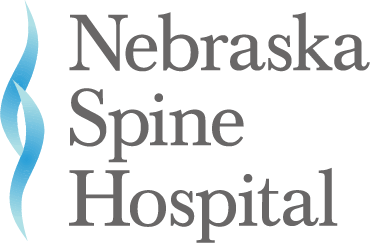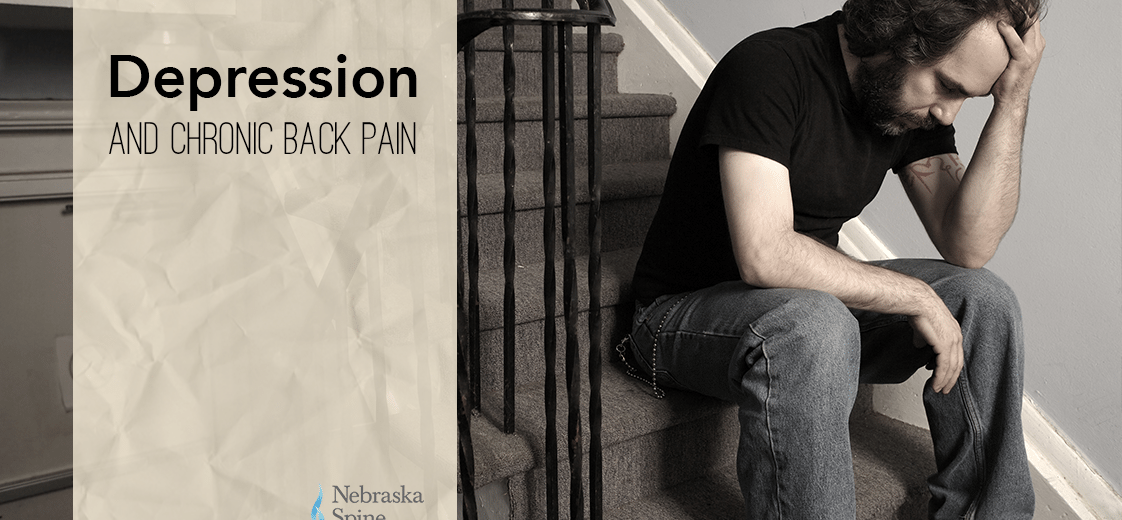April 8th is World Health Day and this year’s focus is depression. Depression affects a great deal of the patients we see so we wanted to take the time to talk about depression and chronic back pain.
What is depression?
Depression is a common, serious medical illness. In 2015, 16.1 million US adults experienced at least one depressive episode – that’s almost 7% of all US adults.Nearly 7% of all US adults have experienced depression in the past year. Click To Tweet
Women are twice as likely as men to be depressed and researchers believe genetics play a role in developing depression. If a sibling or parent is depressed, you’re more like experience depression.
If you experience five or more of the symptoms below for two consecutive weeks, you may be depressed.
- Sadness
- Fatigue or decreased energy
- Insomnia
- Feelings of guilt and/or worthlessness
- Loss of appetite
- Persistent pain such as headaches
- Excessive weight loss
- Thoughts of death and/or suicide
Depression and chronic back pain.
People experiencing chronic back pain are four times more likely to develop depression. An article published by Harvard Medical School says, “Pain is depressing, and depression causes and intensifies pain.”
We couldn’t have said it better ourselves. See, chronic back pain sufferers are more susceptible to depression because the pain makes it hard to sleep, causing irritability. The pain makes it harder to be mobile, leading to isolation from family and friends. Pain can even make it almost impossible to concentrate on anything, leaving you to mindless activities.
The problem with depression and chronic back pain is that the two become cyclical and nearly indistinguishable from one another, leaving it harder to diagnose. But there is hope – both chronic pain and depression are entirely manageable, meaning no one should be content living in pain.
If you or a loved one are suffering from depression and chronic back pain, we urge you to speak up and seek medical attention. If the pain has become unbearable and you or a loved one are experiencing suicidal thoughts, please call for help. The numbers below are available 24/7 for immediate help.
- 800-SUICIDE (800-784-2433)
- 800-273-TALK (800-273-8255)
- 911

